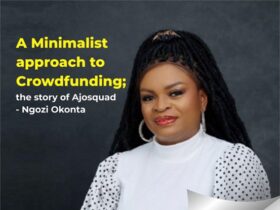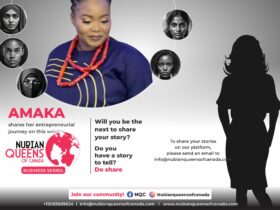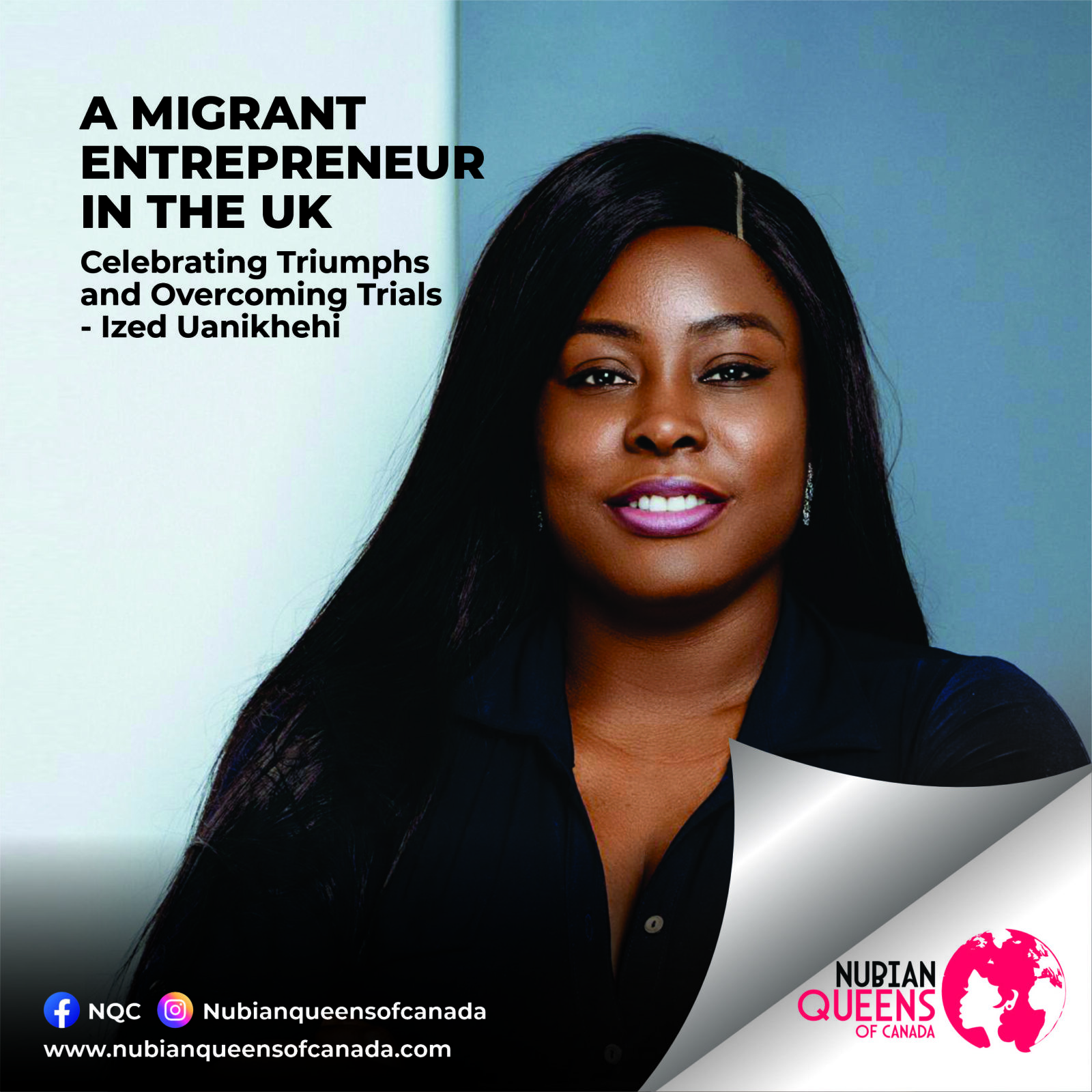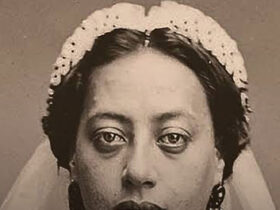Ized Uanikhehi migrated to the UK in January 2024 with a Global Talent Visa. The freezing weather was her first culture shock as she fell quite ill during her first weeks there. Her second culture shock was with the way houses were built in the UK, the wooden structures and the number of rooms in the apartment that needed to be en suite. The third and most shocking aspect of her migration journey was during networking events, where she received more reception and patronage from white business owners, while African and Nigerian business owners were almost reluctant to hear her pitch her business or engage in partnership arrangements. Ized tells her full story here:
I migrated to the UK with a Global Talent Visa, which provides a platform for skilled and talented people in the arts, digital innovation, research, and scientific inquiry to become residents in the UK. When I got to the UK, I didn’t have an office, so I resumed daily at a library that offered free wifi and a quiet and comfortable place to do my work. This arrangement worked well for me. I also attended networking events and ensured I was pitching my business and telling people how we could add value to their start-ups.
Some events, particularly those focused on black businesses and founders, offered ample opportunities to meet business founders in the UK. I was excited about networking with business owners of African origins because I thought being from the same continent they would be more willing to engage with me and buy into my business since I offered optimal value for start-ups at affordable cost. However, I soon realised that my assumptions were too optimistic. The events were well-organised, with a diverse range of businesses and founders in attendance. I also was very surprised to realise that caucasian business owners were more willing to listen, and eventually, some of them became my clients.
Another unique experience was when I needed to apply for a contract job, and I kept thinking that I needed someone on the inside to make this happen. I was reluctant to apply, but a friend encouraged me to, and I was invited to pitch. This experience was quite surprising and is a refreshing change from what I am used to. Also, I went to a networking event where I was the only black female business owner, and I got a lot of curious stares. At this event, they kept talking about debt financing your business, and I asked why I should debt-finance when I can fundraise with equity. I was told that first, I am black, and secondly, I am a woman, thereby emphasising the small number of women-led businesses that have access to external capital not only in the UK but globally.
In time, I registered my business and figured out the confusing aspect of taxation. I have rented an office from which I work and receive my clients, and I am leveraging my relationship with my clients to deliver and project my results to attract more clients. This experience has led me to document my business start-up memoirs. These memoirs are a comprehensive guide to starting a business in the UK, covering everything from registering your business to understanding taxation and building a client base. I am documenting my business journey step by step because I believe this blueprint will be a useful manual for other migrants who want to establish businesses in the UK.
My message to women of colour who are migrants to the UK is one of resilience. The initial hurdles may seem daunting, but with perseverance and persistence, they can be overcome. For women of colour who are business owners and have to balance regular jobs, remember, there is a light at the end of the tunnel. Together, we can build communities, support each other, and thrive. In the spirit of sisterhood, I offer my expertise, experience, and encouragement to women of colour in the UK who might need it. On this less travelled road, remember, you are strong, beautiful, and durable.
Ized tells her story from Birmingham, England, United Kingdom.
















Leave a Reply